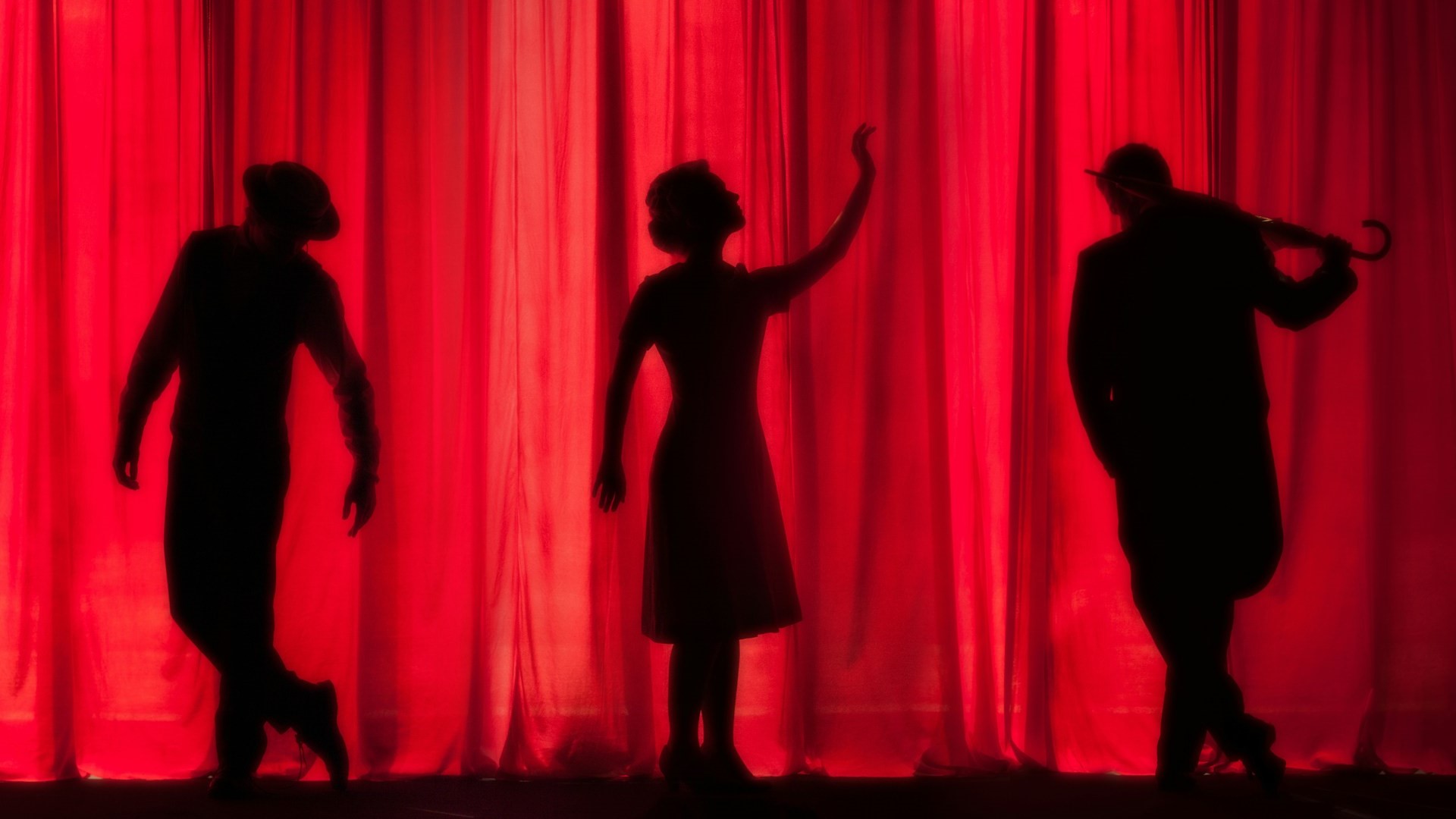Alternates, Understudies and Swings: What’s the difference?

In the vibrant world of musical theater, particularly in the bustling stages of the West End and Broadway, the roles of alternates, understudies, and swings play a pivotal part in ensuring the show goes on.
- - Alternates
- - Understudies
- - Standbys
- - Swings
Often the unsung heroes of the company, these roles are crucial but often misunderstood or conflated. Here we look at their distinct roles and responsibilities.
Alternates
Alternates are performers who are cast specifically to play a lead or significant role during scheduled performances. They are typically used for roles that are exceptionally demanding, either vocally, physically, or both. For instance, in a production of Les Misérables, an alternate might be cast for the role of Jean Valjean, ensuring that the lead actor gets adequate rest between performances.
Some Broadway musicals that have feature scheduled alternates have included The Phantom of the Opera and Dear Evan Hansen.
Unlike understudies, alternates have their performance dates scheduled and announced in advance, allowing audiences to know beforehand who they will see in a particular role.
Understudies
Understudies are performers who learn one or more principle roles in the production to step in at a moment’s notice should an actor be unable to perform. They are the safety net of the theatre world, ensuring that the show continues seamlessly, irrespective of sickness, injury or other emergencies.
What makes an understudy’s role particularly challenging is that they must be ready to perform with potentially very little notice. Understudies also perform in the ensemble or have smaller roles in the production, so they need to be adept at juggling multiple roles. The key distinction between an alternate and an understudy is the element of surprise and readiness associated with the latter.
Standbys
A standby is a special type of understudy covering a lead role. Unlike regular understudies who perform in the ensemble, standbys do not perform in the show unless called upon. They literally ‘stand by’ backstage if needed. Shows on Broadway like Wicked utilise standbys.
Swings
Swings are the true unsung heroes of the musical theater stage. They are responsible for learning and covering multiple (often all) ensemble roles, ready to ‘swing on’ with little notice. A swing will typically take up a role when either another cast member is out, or to fill in the original role of an understudy who are themselves covering another part.
Swings may be off-stage or on stage. An off-stage swing will only perform if another actor is out. An on-stage swing will always perform in the ensemble. If they are out, their character will essentially ‘disappear’ from the show.
The roles of alternates, understudies, and swings are integral to the success of any theatrical production. They ensure the show’s quality and continuity, embodying the adage, “the show must go on.”
More on:Discover